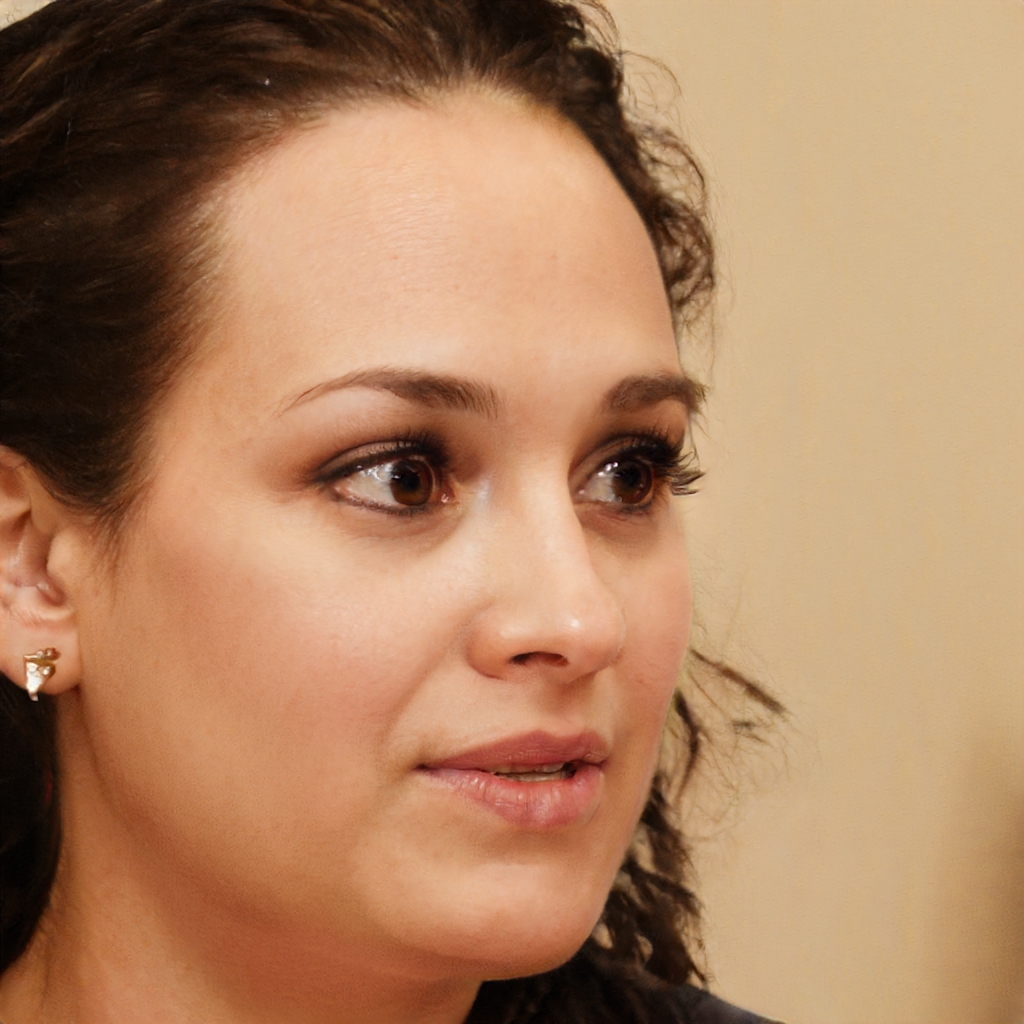These insects resort to a kind of segregation. This protects them from pests and safeguards the queen, young and brood.
While humans experimented with social distancing during the Covid-19 pandemic, bees have long adopted this behavior to protect themselves from pests and pathogens. This technique serves to safeguard the most important elements for colony survival, namely the queen, young and brood. The defensive attitude of this type of insect has been identified in a study carried out by the Department of Agriculture of the University of Sassari, by an international team of researchers coordinated by Michelina Pusceddu, Ignazio Floris and Alberto Satta. The research was published in the journal "Science Advances" and was carried out in collaboration with the University College London (UK), the University of Turin and the Martin Luther University Halle-Wittenberg (Germany).
The social distancing of bees
The study started from the observation of colonies of honeybees infested by the ectoparasite mite "varroa destructor", one of the main enemies of the hives. Inside the hive, beekeepers are organized in two main compartments: a peripheral one, where foragers and older bees live, and an inner one occupied by young bees, queen and brood. The researchers found that, in the presence of the mite, bees tend to increase social distancing between the younger group, which cares for the queen and brood, and the forager group.
What the study showed
The research found that, if a hive is infested with a parasite, bee colonies react by changing their use of space and interactions between nest mates. Honey bees, with the division into two compartments, introduce a true spatial segregation within the hive that leads to a lower frequency of contacts between the two compartments than within each compartment and allows individuals more important for the survival of the colony to be protected from the external environment and therefore from the arrival of diseases.
Bees, by the way, are not even the only individuals of the animal kingdom to adopt social distancing for defensive purposes. For example, some studies have documented that baboons are less likely to clean the fur of individuals with gastrointestinal infections or that some species of ants isolate themselves at the edge of the anthill if affected by a pathogenic fungus.
Another research has identified that bees are also able to have a perception of time, while in Germany, to save them from extinction, urban gardens have been created for this species of insect.
Stefania Bernardini
